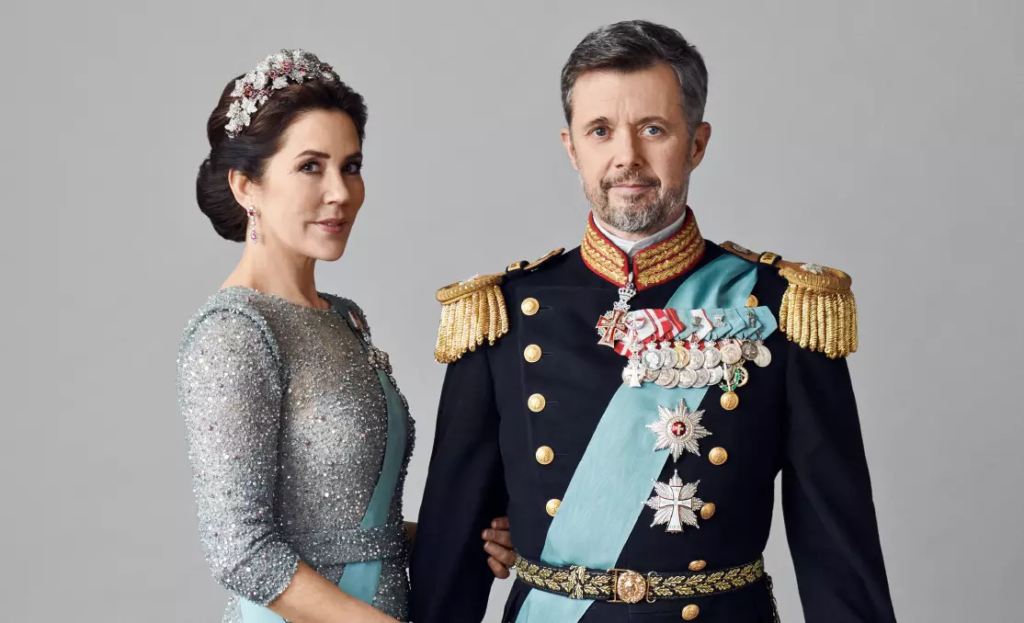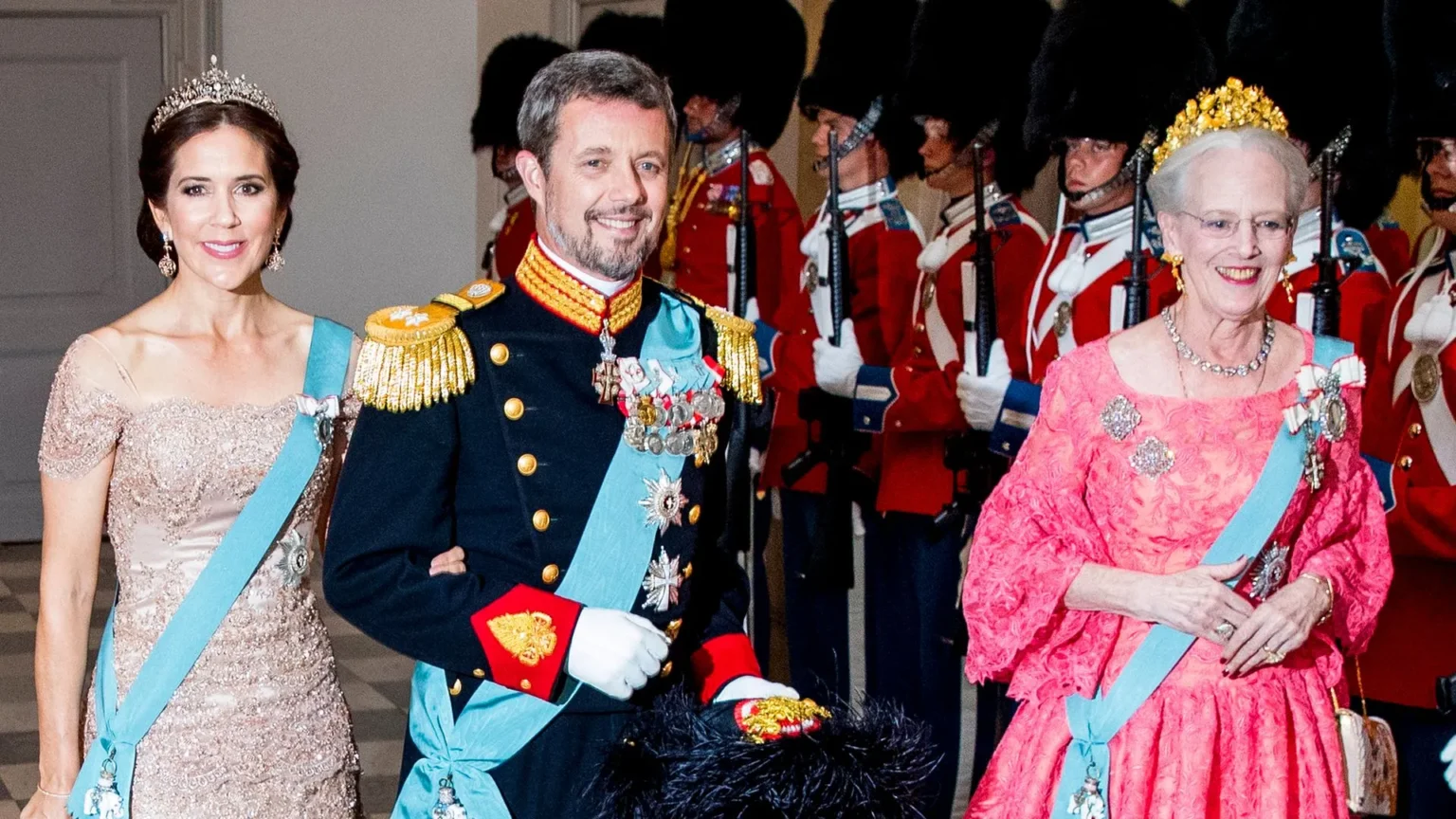Denmark’s Crown Prince Frederik will become king on Sunday after the unprecedented abdication of his mother Queen Margrethe, with more than 100,000 Danes expected to pour into Copenhagen’s streets for the historic event.
The 55-year-old future monarch is hugely popular in Denmark, with 82 percent of Danes saying in a recent poll they think he will make a good king.
“People think he’s one of them, they really like him,” Cecilie Nielsen, royal correspondent for Danish public broadcaster DR, told AFP.
“He loves sports and he’s nice, and Danes don’t really care about what is written about him in foreign media,” she said, alluding to reports in the Spanish and British press of a recent affair with a Mexican socialite, who has denied any romantic relationship.
Queen Margrethe’s shock abdication — announced in a televised New Year’s Eve address after 52 years on the throne — stunned Danes, after she had repeatedly insisted that she would never step down.
“We didn’t see it coming,” Jesper Volpius, a 55-year-old Copenhagen resident, told AFP.
Historian Bo Lidegaard said Margrethe’s decision showed she was a modern queen able to adapt to the times.
“She knows that she is getting weaker physically. Her son is ready and in a better position than she is to take over the family business,” he said.
“It’s a change that had to happen sooner or later so it’s just as well to do it now and not be a prisoner to tradition.”

This is only the second time that a Danish sovereign has abdicated, with the last one being Erik III almost nine centuries ago in 1146.
The queen’s decision left the country of 5.9 million people stunned, and wondering what would happen next.
“The traditions (regarding the accession to the throne) as we know them are linked to the death of a monarch,” Nielsen noted.
Danes have widely supported the queen’s decision, with many expressing relief that Sunday’s celebration of a new monarch does not mean the loss of Margrethe.
Opinion polls show that more than 80 percent of Danes support her decision.
Margrethe will retain her title of queen and will still represent the royal family on occasion.
Since her announcement, Copenhagen’s hotels have been fully booked and trains and domestic flights to the capital have sold out.
Police expect huge crowds in the streets of Copenhagen on Sunday.
“We’re expecting many, many people will come out,” Copenhagen police official Peter Dahl told AFP.
“It’s impossible to say how many, but I think there will be more than 100,000 people,” he said, adding that police reinforcements had been called in from across the country.
Exactly 52 years to the day after acceding to the throne, Queen Margrethe will officially abdicate at a Council of State at 2:00 pm (1300 GMT).
At 3:00 pm, Prime Minister Mette Frederiksen will proclaim King Frederik X the new monarch on a balcony of Christiansborg Palace, the seat of the Danish government and parliament.
King Frederik and his wife, Australian-born Queen Mary, will then ride in a carriage procession through the capital to their Amalienborg Palace residence.

Apart from the abdication, the protocol is largely similar to previous royal successions in Denmark.
As in 1972 when Margrethe acceded to the throne, no foreign dignitaries or royals were invited to Sunday’s events, and there will be no coronation or throne for the new monarch.
Margrethe’s father — Frederik IX, to whom Crown Prince Frederik is often compared — was also a hugely popular king.
He “was extremely important to the queen”, so “there’s a lot of symbolism around this day”, royal correspondent Nielsen said.
Frederik has subtly cultivated himself in the style of his grandfather, and his wife Mary often wears royal jewels that once belonged to his grandmother, Queen Ingrid.
“Like his mother, he will be a unifying force (for Denmark) because, like the rest of the royal family, he stays above the tensions in society,” historian Lidegaard said.

“Paradoxically, they are not citizens, they stay out of the political debate, yet they mirror Denmark,” he said.
The monarch is Denmark’s head of state, but the role is largely ceremonial.
The sovereign does however sign legislation, formally presides over the forming of a government, and meets with the cabinet regularly.




